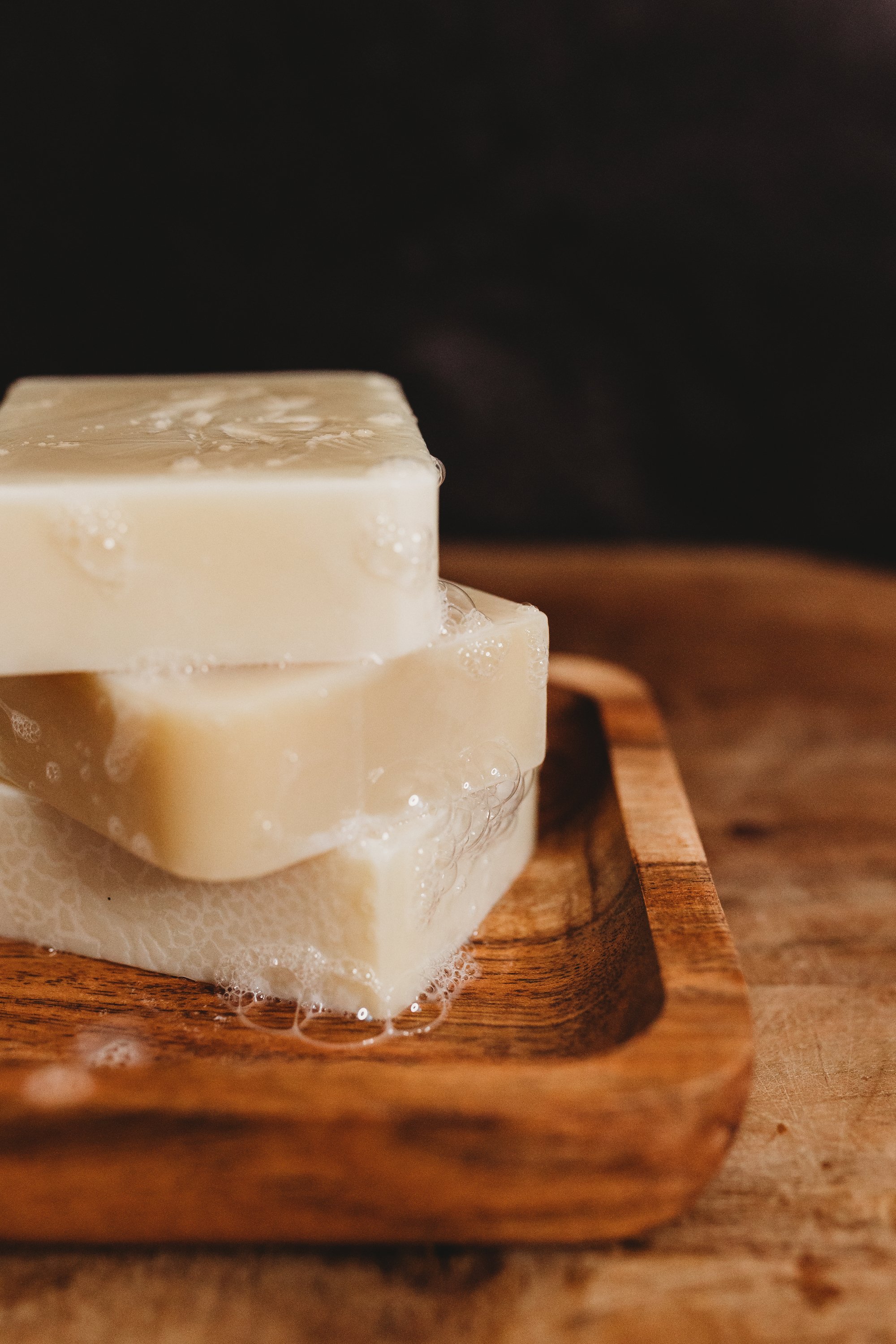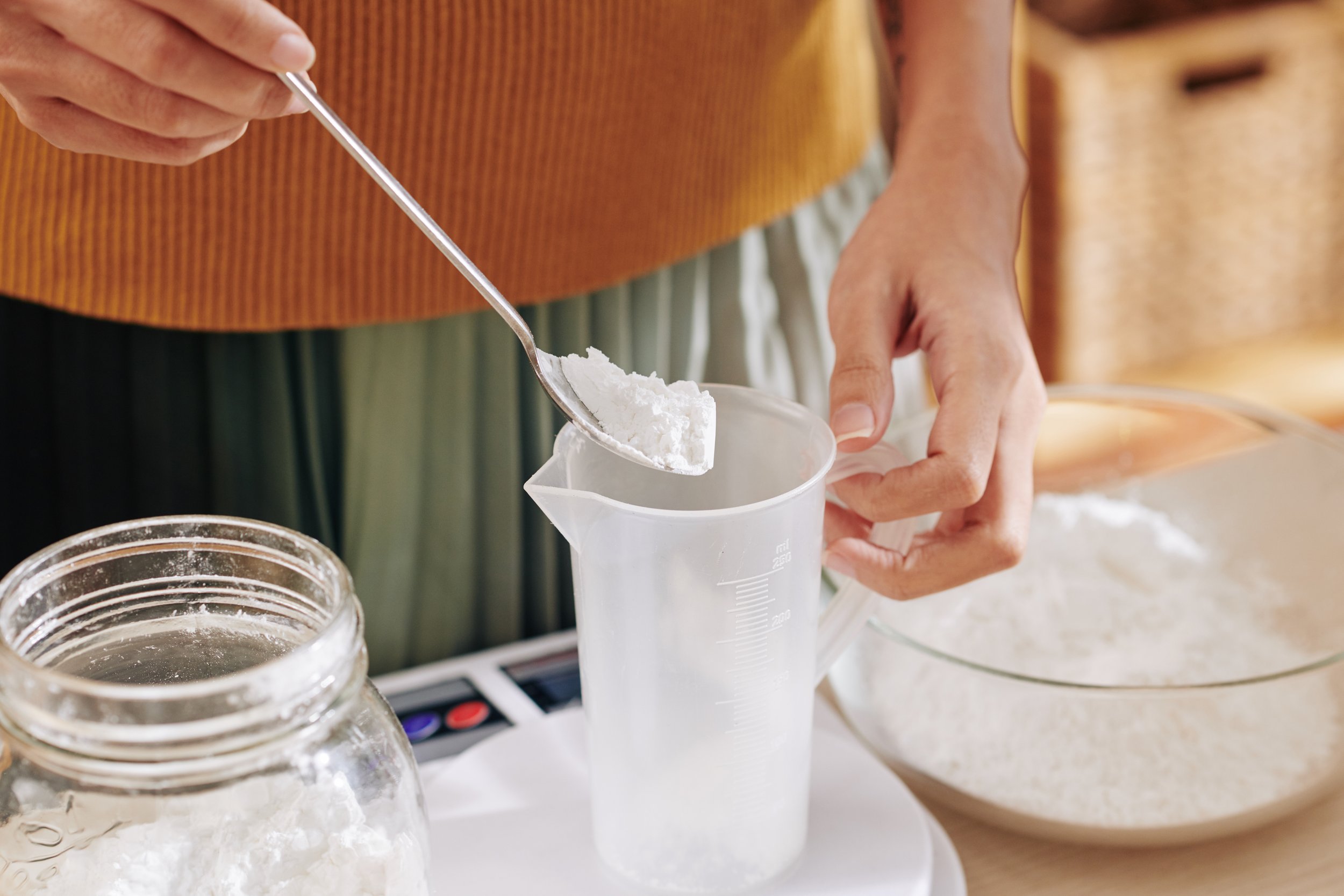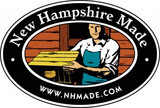The use of lye is believed to have begun as far back as the Ancient Egyptians and Babylonians, who were some of the first known groups to use lye in large amounts. It is said that they discovered the use of lye while trying to wash away different ashes and noticed a change in the composition – remnants of burned oils and fats became water-soluble. This new composition was a true game changer, and throughout history, people began to acknowledge sodium hydroxide, also known as lye, for its cleansing properties.
In the modern world, conveniences often overshadow age-old remedies. However, lye soap has stood the test of time and maintained its reputation as the primary base for most soaps today. While some soaps have synthetic detergents, lye is a more traditional soap base that boasts both purity and efficiency.
Many consumers and aspiring soap makers may be cautious about using lye because, before curing, it is not skin-safe. However, once lye is cured, it is absolutely safe for your skin and actually hosts a myriad of benefits. In this article, we will dive deeper into the benefits of lye soap.
Gentleness on the Skin
One of the most compelling reasons to choose soaps made with lye is its gentle touch on the skin. Unlike synthetic detergents, filled with harsh chemicals, lye soap is crafted from natural ingredients such as tallow. This gentle formulation cleanses without stripping away the skin's natural oils, making it suitable for even the most sensitive skin types. Say goodbye to dryness, irritation, and the discomfort often associated with harsh detergents, and welcome the soothing embrace of lye-based tallow soaps.
Environmental Friendliness
In a time when environmental concerns are at the forefront of our minds, our choice of skincare and other self-care products carries weight beyond personal hygiene. Synthetic detergents often contain a series of chemicals that can harm marine life and disrupt ecosystems. Lye soap, on the other hand, offers a sustainable alternative. Tallow, a base for making lye, is often made using byproducts of the farming industry that would typically go to waste, minimizing its environmental impact. By choosing lye-based soaps, you're not just cleansing your body but also making a conscious choice to care for the environment.
Cost-Effectiveness
In addition to environmental concerns, inflation is at the top of most consumers' minds today. Rising costs mean having products that last make all the difference. With minimal ingredients and straightforward production methods, lye soap offers an affordable alternative to synthetic counterparts. While natural soaps may often be more expensive, a single bar of lye soap can outlast multiple bottles of liquid detergent, making it a budget-friendly choice for frugal consumers. By opting for lye soap, you're not just saving money; you're also investing in a sustainable and economical cleaning solution.
Lye soap offers a multitude of advantages over its synthetic counterparts. From its gentle cleansing action to its environmental friendliness and cost-effectiveness, lye soap embodies a holistic approach to cleanliness that aligns with both personal well-being and environmental responsibilities. By choosing lye-based natural soaps, we are paving the way for a more sustainable and harmonious relationship with both our bodies and the planet. In a world inundated by synthetic alternatives and amoral manufacturing, natural lye soaps remain the top choice, inviting us to rediscover the natural beauty and simplicity in our daily cleansing rituals.




